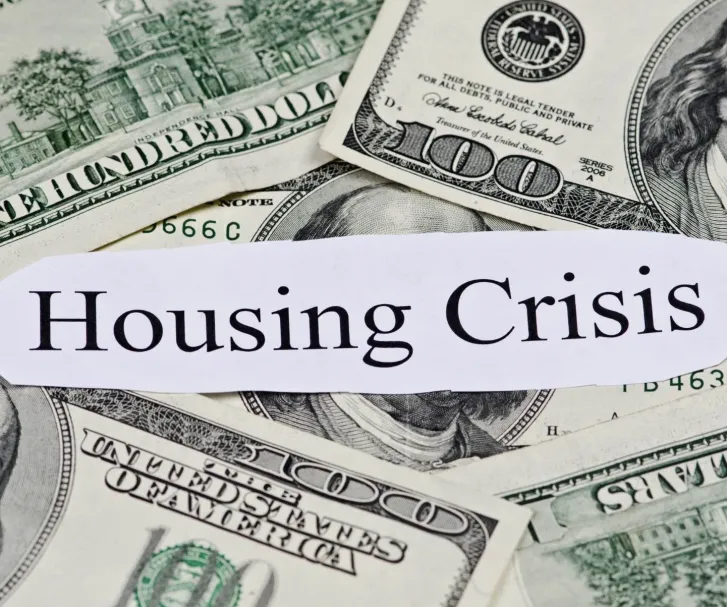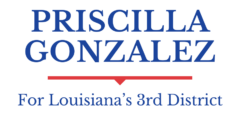Affordable housing remains a significant challenge across the state, with Calcasieu Parish facing particularly acute difficulties. Housing Authority Director Ben Taylor emphasized the persistent resistance within communities, stating, “you know it’s always been a ‘not in my neighborhood’ emphasis.” This sentiment, often referred to as NIMBYism (Not In My Back Yard), reflects a widespread reluctance among residents to accept affordable housing developments near their homes. Taylor highlighted that while some members of the public are more accepting, opinions on the matter vary greatly, with everyone having their own stance on the issue.

Adding to the conversation, the African American Chamber of Commerce has highlighted the potential economic benefits of increased housing development in the state. According to the Chamber, investment in affordable housing could bring in as much as 75 million dollars, facilitating the construction of more homes and attracting a greater number of residents to Calcasieu Parish. This influx of people could stimulate the local economy, create jobs, and enhance community resources. However, the realization of these benefits depends heavily on overcoming the existing resistance to affordable housing projects and fostering a more inclusive attitude towards development.
The combination of economic promise and community resistance paints a complex picture. On one hand, the potential for significant investment and economic growth through new housing developments is a compelling argument for expanding affordable housing initiatives. On the other hand, the deeply rooted NIMBY attitudes pose a substantial barrier. Addressing this issue requires not only financial investment but also a concerted effort to change public perception and encourage community acceptance of affordable housing as a beneficial and necessary component of a thriving community.
The Solution
Addressing the affordable housing crisis, particularly in areas like Calcasieu Parish, requires a multifaceted approach involving policy changes, community engagement, and financial strategies. A congressman can play a significant role in tackling this issue by advocating for and implementing several key solutions:
Policy Initiatives and Legislative Actions
- Increase Federal Funding for Affordable Housing: A congressman can advocate for increased federal funding for programs like the Low-Income Housing Tax Credit (LIHTC), Section 8 vouchers, and the National Housing Trust Fund. These programs provide critical financial support for building and maintaining affordable housing.
- Support Zoning Reforms: Encouraging and supporting legislation that promotes zoning reforms can help increase the availability of land for affordable housing. This includes advocating for policies that reduce zoning restrictions, allow for higher density housing, and promote mixed-use developments.
- Incentivize Affordable Housing Development: Propose and support tax incentives for developers who build affordable housing units. This could include extending or expanding the LIHTC and offering tax breaks for developers who include affordable units in their projects.
- Strengthen Tenant Protections: Push for stronger tenant protection laws at the federal level to ensure that low-income families are not unfairly evicted and that they have access to safe and stable housing.
Community Engagement and Education
- Combat NIMBYism: Work on changing public perception through community engagement and education campaigns. By organizing town hall meetings, workshops, and public forums, a congressman can help educate the public on the benefits of affordable housing and dispel myths associated with it.
- Partner with Local Organizations: Collaborate with local housing authorities, non-profits, and community groups to develop and implement strategies that address local housing needs. This includes supporting local initiatives and leveraging federal resources to amplify their impact.
Financial Strategies and Support
- Promote Public-Private Partnerships: Encourage and facilitate partnerships between the government and private sector to finance and develop affordable housing projects. These partnerships can pool resources and expertise, making it easier to undertake large-scale housing developments.
- Expand Access to Homeownership: Support programs that assist low-income families in purchasing homes, such as down payment assistance programs, affordable mortgage products, and first-time homebuyer education.
Innovative Solutions and Pilot Programs
- Support Innovative Housing Solutions: Advocate for and fund pilot programs that explore innovative housing solutions, such as tiny homes, modular housing, and community land trusts. These alternatives can provide affordable and sustainable housing options.
- Invest in Infrastructure: Ensure that infrastructure development accompanies housing projects. This includes investing in transportation, schools, and healthcare facilities, which are essential for creating livable communities and can make new housing developments more attractive to residents.
Specific Actions for a Congressman
- Introduce Legislation: Draft and introduce bills that address the specific barriers to affordable housing in Calcasieu Parish and similar areas.
- Advocate for Federal Grants: Work to secure federal grants for local housing projects and infrastructure improvements.
- Collaborate with State and Local Governments: Engage with state and local officials to align federal initiatives with local housing strategies and needs.
- Monitor and Evaluate Programs: Ensure that existing federal housing programs are effectively reaching and benefiting the intended populations by conducting oversight and evaluation.
By addressing the issue through these comprehensive measures, a congressman can significantly contribute to solving the affordable housing crisis and ensuring that all residents have access to safe, affordable, and stable housing.

